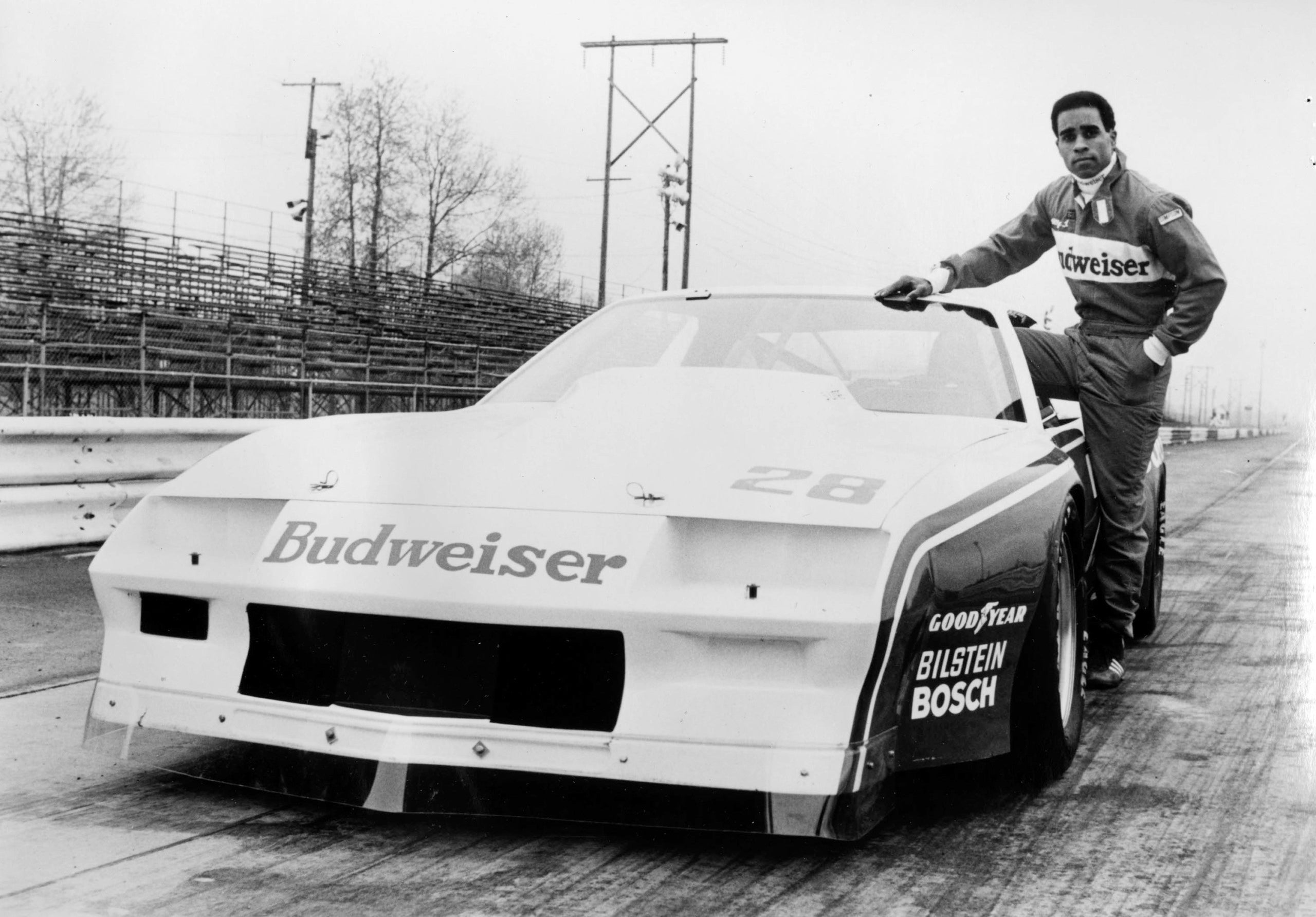NASCAR’s first Black driver says organization is 50 years late but welcomes the culture shift
(CNN) — NASCAR is shifting in response to the national outcry over racial injustice, and while the sport’s first Black driver welcomes the change, he says it is coming late.
“NASCAR has taken a step, it’s about 50 years a little late, but they’ve taken a step you’d never see this in any other major sporting event,” Willy T. Ribbs said of the sport’s decision to ban the Confederate flag to CNN’s Don Lemon Monday.
That same night, the sport showed support for Bubba Wallace, the only current Black driver in NASCAR’s top circuit. Wallace has been an outspoken advocate of the Black Lives Matter movement and pushed for the Confederate flag ban, leading NASCAR to make the move. Then NASCAR President Steve Phelps said a crew member discovered a noose in Wallace’s garage.
“This will not break me, I will not give in nor will I back down. I will continue to proudly stand for what I believe in,” Wallace tweeted Sunday in response to the noose.
The next day, a huge crowd, including drivers and pit crew members escorted his car at the Talladega Superspeedway.
“I was there 30 years before him, and I didn’t get that kind of support,” Ribbs said. “I was getting death threats.”
Ribbs told Lemon that he doesn’t believe this will be the last aggressive response Wallace will get.
The Confederate flag represents the support of slavery and is worse than demeaning for African Americans, he said. But there will be a “small element that is going to be kicking and screaming as everything changes,” Ribbs said.
For all of the negativity, Ribbs said he believes Wallace will find overwhelming support.
“Good people in all colors are going to push for the right thing,” Ribbs said. He remembers the people who supported him — including Paul Newman, Jim Trueman and Dan Gurney.
“They weren’t African American,” Ribbs said. “They pushed my career along even when there was opposition.”
